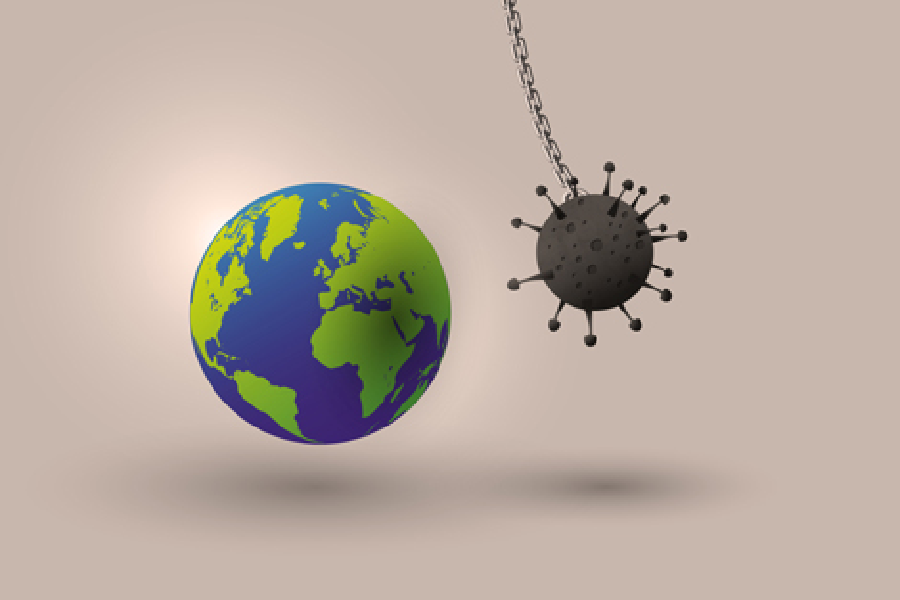Last week, the Economic Circle of Menorca organized an online conference with Professor José María Gay de Liébana: “The Vulnerability of the Spanish Economy and Our Public Finances”. In this talk, the professor made it clear that post-crisis the Spanish economy will be hurt by high public spending and an unsustainable level of debt. On the other hand, he noted that we are going towards deglobalization and re-industrialization of European countries. For instance, instead of waiting for Chinese masks, those manufactured in Cornell would take five minutes to reach hospitals.
For decades free trade has been the dial that has moved national economic policies and international relations. It was the basis behind the Bretton Woods agreements, in order to eradicate the nationalism and economic protectionism that damaged economies during the interwar period.
One of the great standard-bearers of deglobalization today is Donald Trump, who, along with other nationalist leaders such as Boris Johnson, has become one of the main exponents of anti-globalization, managing to hijack the debate at the other end from a more liberal movement that warns of unsustainable growth, inequalities in economic relations, and the “danger” of capitalism.
Before the pandemic emerged, the debate on globalization focused on trade, and the fact that it was slowing down relative to global GDP represented a kind of setback. But trade is only one indicator of globalization. Foreign investment, capital flows, migration, etc. are all increasingly important indicators.
The post-coronavirus world will reveal the spheres of Chinese influence demarcated in parts of Africa, Eastern Europe, Latin America, and Southeast Asia. These regions will be more dependent on China as economies move forward, while the creators of the globalization model choose not to participate.
History demonstrates the dynamism of global connections in the face of past crises caused by the same system. With an eye on the past, it is difficult to assume profound transformations and renunciation of interdependence will continue to be a hallmark of our time.







